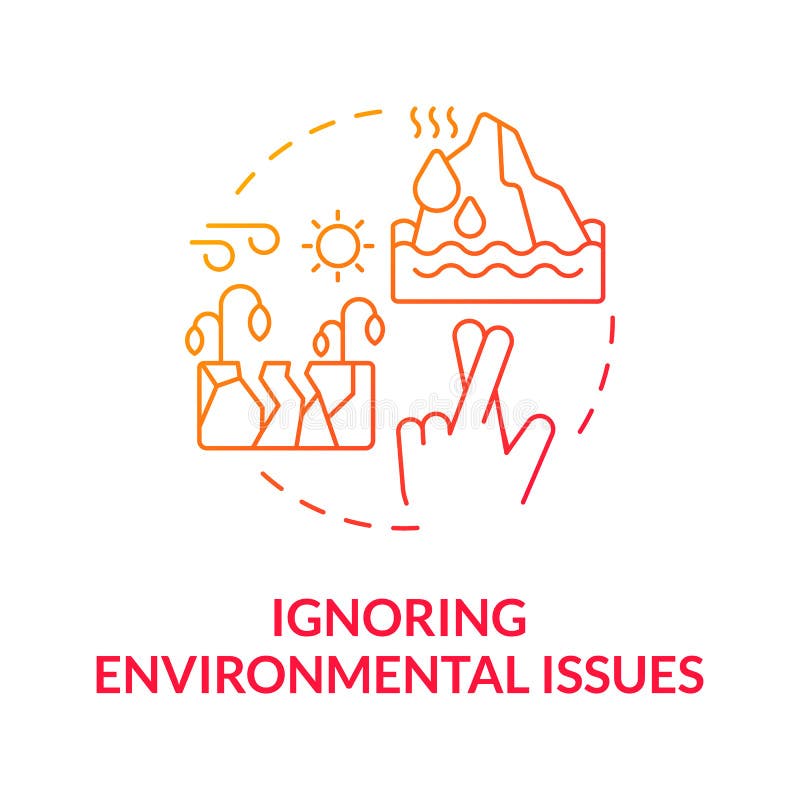
The salty air, the warm sand between your toes, the endless expanse of turquoise water—a beach vacation promises a blissful escape. But as we bask in the sun-drenched paradise, a nagging question lingers: Is our indulgence compatible with the growing environmental concerns of our time? The guilt of indifference—the uncomfortable feeling of ignoring pressing environmental issues while enjoying a luxury beach getaway—is a pervasive concern for many travelers.
Beach hotels, often synonymous with luxury and relaxation, are a popular destination for many travelers. These opulent resorts, with their pristine beaches and impeccable amenities, often overshadow the environmental impact behind their creation and operation.
From sprawling construction projects to the depletion of local resources, the creation of a beach hotel can have far-reaching effects. The operation of these hotels adds to the growing problem of carbon emissions, waste generation, and the disturbance of local ecosystems.
The rising tide of environmental concerns, including the urgent need for ocean conservation and climate change mitigation, creates a cognitive dissonance for many beachgoers. The pleasure of a perfect day at the beach clashes with the growing understanding of the environmental challenges facing our oceans.
We, as individuals, bear a degree of responsibility for these consequences. The choices we make, from the destinations we choose to the products we consume, ultimately have an impact on the environment.
The challenge lies in finding a balance between indulging in the joys of a beach vacation and acknowledging our role in environmental protection. Sustainable tourism is not just a buzzword—it’s a crucial step toward minimizing our impact and ensuring the preservation of these beautiful destinations for future generations.
Sustainable tourism requires a holistic approach. Beach hotels can play a pivotal role by adopting eco-friendly practices throughout their operations. Implementing energy-efficient systems, reducing water consumption, and minimizing waste generation are just a few examples of concrete steps they can take.
Beyond hotel practices, individual travelers can also make conscious choices. By prioritizing eco-friendly accommodations, supporting local communities, and making mindful decisions about our consumption habits, we can minimize our footprint.
Consciously supporting hotels with clear environmental policies and commitments can make a difference. These hotels are actively involved in conservation efforts, reducing waste, and promoting sustainable practices.
Moreover, the growing demand for sustainable travel compels hotels to embrace eco-tourism initiatives. In many instances, sustainable practices aren’t just good for the environment; they enhance the overall guest experience. For example, locally sourced ingredients in the restaurants, responsible wildlife interaction, and eco-friendly excursions can lead to deeper engagement with the local culture and environment. Ultimately, ethical travel is becoming increasingly aligned with the satisfaction of individual travelers while supporting a better future for our planet’s resources. This conscious travel choice goes beyond a vacation—it evolves into a personal commitment and engagement with responsible tourism practices that minimize environmental footprints and offer a unique travel experience that honours the surroundings. This commitment to responsible travel is part of a larger cultural shift towards sustainability and environmental stewardship. We can all make a difference, one mindful choice at a time. Responsible tourism isn’t just a trend—it’s a vital step forward in environmental protection and global sustainability efforts. It’s an invitation to experience a destination while respecting its environment and culture in a genuine way. This respect transforms a simple vacation into a significant step toward environmental sustainability, offering us a sense of satisfaction and purpose that goes beyond the fleeting moments of enjoyment. By making conscious decisions as tourists, we can contribute to a greater and more sustainable future for both travellers and the destination itself, ensuring that our experiences don’t compromise the environment or local culture.
Ultimately, the guilt of indifference is a personal one. Choosing to enjoy a beach vacation doesn’t automatically absolve us of responsibility. By being mindful of our impact, supporting sustainable practices, and advocating for environmental protection, we can find a balance between relaxation and responsibility. The beauty of the beach, and the planet as a whole, deserves our respect and preservation, not just our fleeting enjoyment.